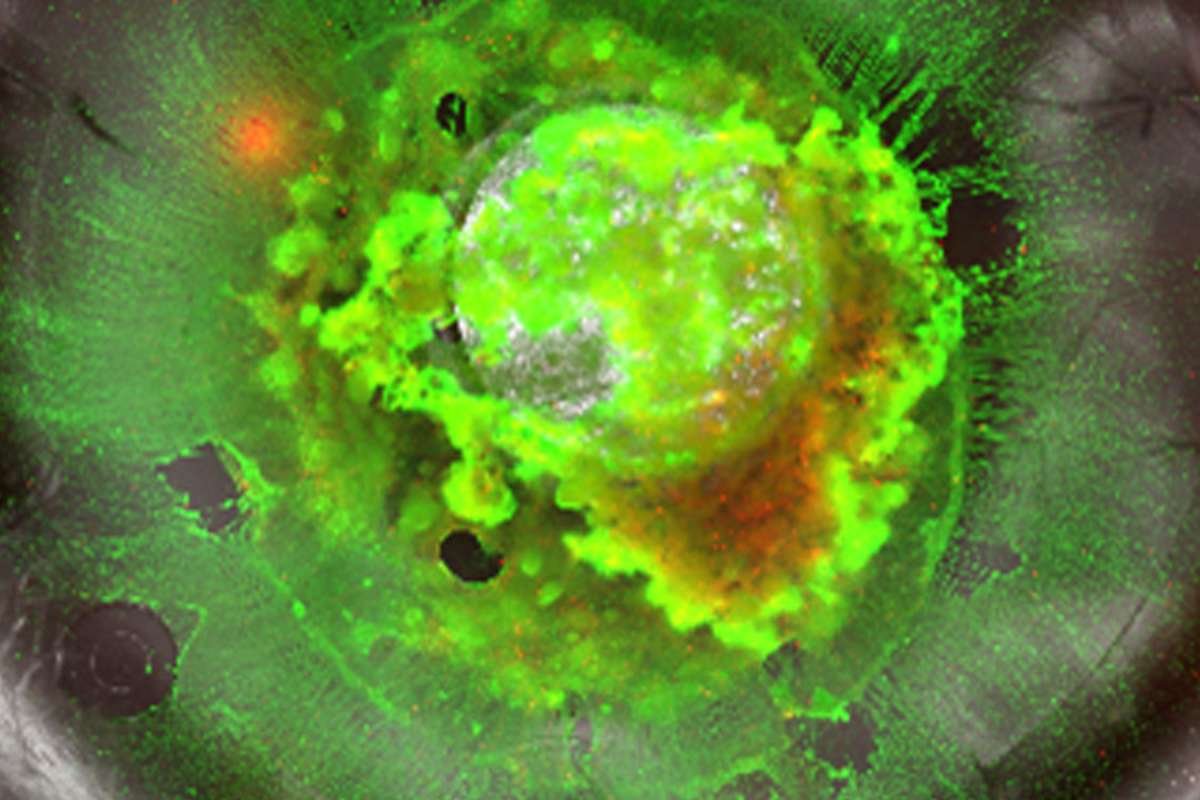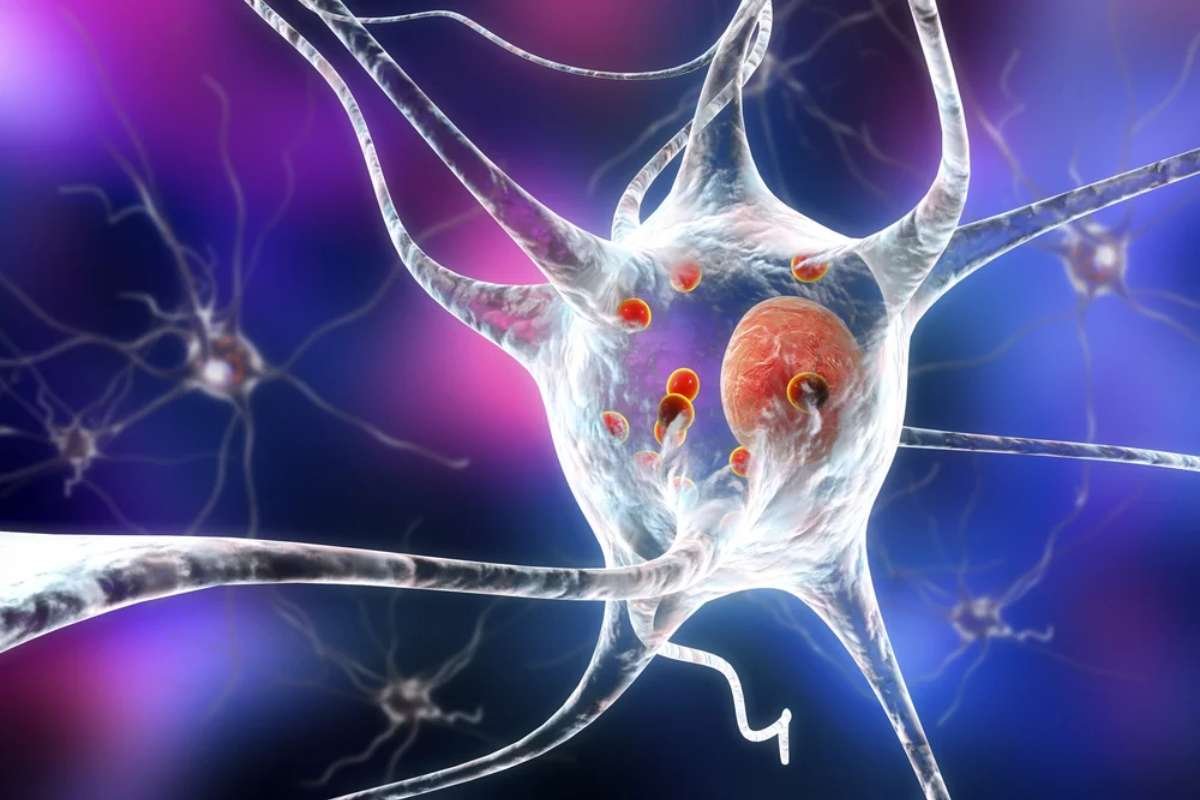Gluten, a protein present in wheat, barley, and rye, causes the small intestine to become inflamed and prone to a chronic autoimmune disease called celiac disease. This frequently misdiagnosed illness can have a significant influence on a person’s life, affecting everything from general well-being to digestive health. We shall examine the complexities of celiac disease in this extensive piece, covering everything from its basic mechanics to doable management and survival techniques.
Unraveling the Basics of Celiac Disease
Celiac disease is not a mere intolerance or sensitivity to gluten; it is a complex autoimmune condition. When individuals with disease consume gluten, their immune system responds by attacking the small intestine’s lining. This immune response damages the villi, tiny finger-like projections responsible for nutrient absorption, leading to a range of symptoms and potential long-term health complications.
The Role of Genetics in Celiac Disease

Genetics plays a pivotal role in celiac disease. It is an inheritable condition, and individuals with a first-degree relative (parent, sibling, or child) who has the disease have an increased risk of developing the condition themselves. However, genetic predisposition alone is not sufficient; exposure to gluten is the key trigger.
Common Symptoms and Manifestations
Celiac disease presents with a diverse array of symptoms, making diagnosis challenging. Digestive symptoms may include abdominal pain, diarrhea, constipation, and bloating. However, the disease can also manifest with non-digestive symptoms such as fatigue, joint pain, dermatitis herpetiformis (a skin rash), and even neurological issues.
The Importance of Accurate Diagnosis
Accurate diagnosis is critical for managing disease effectively. Blood tests, such as serology testing for antibodies associated with celiac disease, are often the initial step. Confirmation is typically achieved through an endoscopic biopsy of the small intestine. It’s essential for individuals experiencing symptoms or suspecting disease to undergo a proper medical evaluation for a timely and accurate diagnosis.
Gluten-Free Diet: The Cornerstone of Treatment
The primary and only current treatment for celiac disease is a strict, lifelong adherence to a gluten-free diet. This involves eliminating all sources of gluten, including wheat, barley, rye, and their derivatives. Navigating daily life, social situations, and dining out can be challenging, requiring vigilance and education about hidden sources of gluten.
Hidden Sources of Gluten: A Constant Challenge
Avoiding gluten goes beyond steering clear of obvious culprits like bread and pasta. Hidden sources of gluten lurk in unexpected places, such as sauces, condiments, processed foods, and even medications. Individuals with disease must become adept at reading labels and advocating for their dietary needs.
Navigating Social and Emotional Aspects
Celiac disease not only affects the body but also carries social and emotional dimensions. Managing relationships, social events, and cultural expectations around food can be emotionally taxing. Support groups, both online and offline, provide a valuable space for individuals with disease to share experiences, tips, and emotional support.
Complications and Associated Conditions
Left untreated, celiac disease can lead to various complications and associated conditions. Malabsorption of nutrients may result in nutritional deficiencies, affecting bone health, fertility, and overall immune function. Individuals with disease also have a higher risk of developing other autoimmune conditions such as type 1 diabetes and thyroid disorders.
Gluten Sensitivity vs. Celiac Disease
It’s essential to differentiate between celiac disease and gluten sensitivity, as the two conditions are distinct. Gluten sensitivity does not involve the immune system’s attack on the small intestine and lacks the same potential for long-term complications. A clear diagnosis is crucial for the appropriate management and avoiding unnecessary dietary restrictions.
The Evolving Landscape of Gluten-Free Products

As awareness of celiac disease has grown, so too has the availability of gluten-free products. While this offers more options for those with disease, it’s important to note that not all gluten-free products are created equal. Nutritional content, ingredient quality, and taste can vary widely, emphasizing the importance of a balanced and nutrient-dense gluten-free diet.
Children and Celiac Disease
Celiac disease can manifest at any age, including childhood. Recognizing symptoms in children is crucial for early diagnosis and intervention. Children diagnosed with the disease must navigate dietary restrictions during critical growth phases, requiring careful attention to nutritional needs.
Living a Full and Healthy Life with Celiac Disease
While managing celiac disease involves dietary vigilance, it doesn’t preclude individuals from living full and healthy lives. A well-balanced gluten-free diet, coupled with regular medical monitoring, allows many individuals with disease to thrive. Engaging in physical activity, pursuing hobbies, and maintaining a positive mindset contribute to overall well-being.
Research and Advancements in Celiac Disease
Ongoing research is shedding light on various aspects of celiac disease, from improved diagnostic tools to potential therapeutic interventions. Increased understanding of the genetic and immunologic basis of disease holds promise for future treatments beyond the current reliance on dietary management.
Celiac Disease and Mental Health

The impact of this disease extends beyond physical health to mental well-being. Individuals with this disease may experience higher rates of anxiety and depression. Nurturing mental health through a supportive social network, counseling, and self-care is integral to holistic management.
Advocacy and Awareness: Shaping a Gluten-Free Future
Advocacy and raising awareness about celiac disease are essential for fostering understanding, support, and ultimately, a more inclusive world for those living with this condition. Promoting education, dispelling myths, and advocating for gluten-free accessibility contribute to a future where individuals with diseases can navigate the world with greater ease.
Conclusion:
Celiac disease is a complex illness that needs to be managed carefully and understood. People with this disease travel a different path, navigating everything from the complexities of diagnosis to the day-to-day difficulties of adhering to a gluten-free diet. The future holds greater understanding, higher quality of life, and further progress towards a gluten-free world for persons with disease thanks to ongoing research, growing awareness, and a supportive community.
Also Read: 7 Advantages of a Gluten-free Diet Plan











